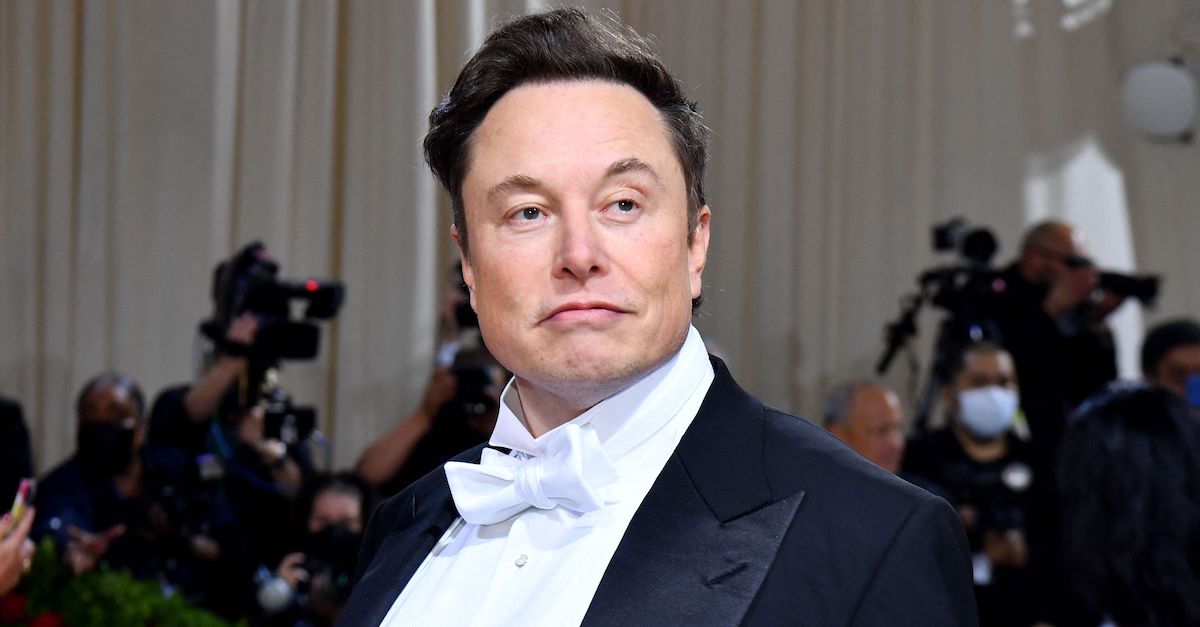
Elon Musk arrives for the 2022 Met Gala at the Metropolitan Museum of Art on May 2, 2022, in New York.
Twitter scored a series of legal victories in its lawsuit against Elon Musk over the South African-born billionaire’s high-stakes but ultimately abandoned effort to purchase the technology giant for $44 billion.
In a Tuesday ruling from the Delaware Court of Chancery, Chancellor Kathaleen S. McCormick signed off on two discovery requests made by Twitter in its effort for force Musk to complete his takeover bid.
In four separate interrogatories, Twitter requested Musk and the other defendants to identify sources of relevant information, including anyone with knowledge of or involvement in key issues and events.
The court granted those requests.
Musk had objected that Twitter’s requests were “overbroad” and “seeking information not relevant to the parties’ claims and defenses.” Additionally, the Tesla CEO “self-limited” his response to 41 people he claimed had “unique knowledge” of the since-shelved merger deal.
In back-and-forth briefs between the two sides, Musk sought to exclude “friends and acquaintances with whom” he “may have had passing exchanges regarding Twitter or the Merger in general terms.” Musk also complained that any further information “would not be remotely proportionate to the needs of the case” since his side offered up a trove of text messages. Twitter, on the other hand, said the unique knowledge limit was simply an effort by Musk to exclude certain “advisors” to relevant individuals and organizations as well as “representatives of Musk who participated in diligence sessions, other advisors or consultants to Musk, and other individuals and entities with whom Mr. Musk communicated about the deal.”
McCormick sided with Twitter by suggesting that Musk couldn’t have that many friends, but even if he does such alleged burdens are beside the point.
“Even assuming that Musk has many friends and family members, [Musk’s] breadth, burden, and proportionality arguments ring hollow,” the court found. “It is difficult to conclude, for example, that requiring [Musk] to respond to an ordinary-course interrogatory listing persons with knowledge, even if those persons have duplicative knowledge, is disproportionate to the needs of any case, particularly a case that concerns a $44 billion merger.”
The court also granted Twitter access to documents that relate to Musk’s communications with actual and potential co-investors.
Again, Musk complained the request was too broad and tried to limit responses. This time, Musk attempted to only include “investors who executed commitment letters” and “persons who [executed] an NDA with [Musk] with respect to a potential investment in Twitter.” Those two categories, Musk said, would be the only people who had “significant, substantive” discussions about the doomed deal.
The court, in no uncertain terms, rejected that line of thought.
From the opinion at length:
As Twitter observes, Defendants’ logic is faulty, given that Musk himself committed to a $44 billion transaction without first executing an NDA. And Defendants’ burden arguments seem implausible, given that Defendants have agreed to search the files of only two custodians. Even if Defendants were to search every document of their two custodians from January 1 to present, it seems unlikely that their burden would exceed that associated with Twitter’s 42 custodians. In any event, Delaware law requires the party objecting on burden grounds to explain the burden with some level of specificity. Defendants have not done so here.
Twitter was denied outright on one request. The tech company complained that they had produced far more documents than Musk so far and asked for the court to order Musk to produce documents on a prompt and rolling basis. In rejecting that effort, McCormick took “at face value” Musk’s attorneys’ claims that they would meet the current deadline.
Two additional requests lodged by Twitter were also denied for now – but the court signaled the issues could and would be revisited at later dates based on Musk’s continued good behavior and as the amped-up proceedings go forward.
Notably, on the issue of Musk’s behavior viz. discovery thus far, the court is quite explicit: “It suffices to say that Defendants’ discovery conduct has been suboptimal.”
Again, the opinion at length:
Defendants appear to have walked back most of their initial objections. At this stage, the court is willing to credit Defendants for arriving at more reasonable fallback positions and not issue the generalized punishment Twitter seeks for Defendants’ unreasonable opening stances. Twitter may renew its generalized request in the event Defendants’ behavior persists.
[image via ANGELA WEISS/AFP via Getty Images]